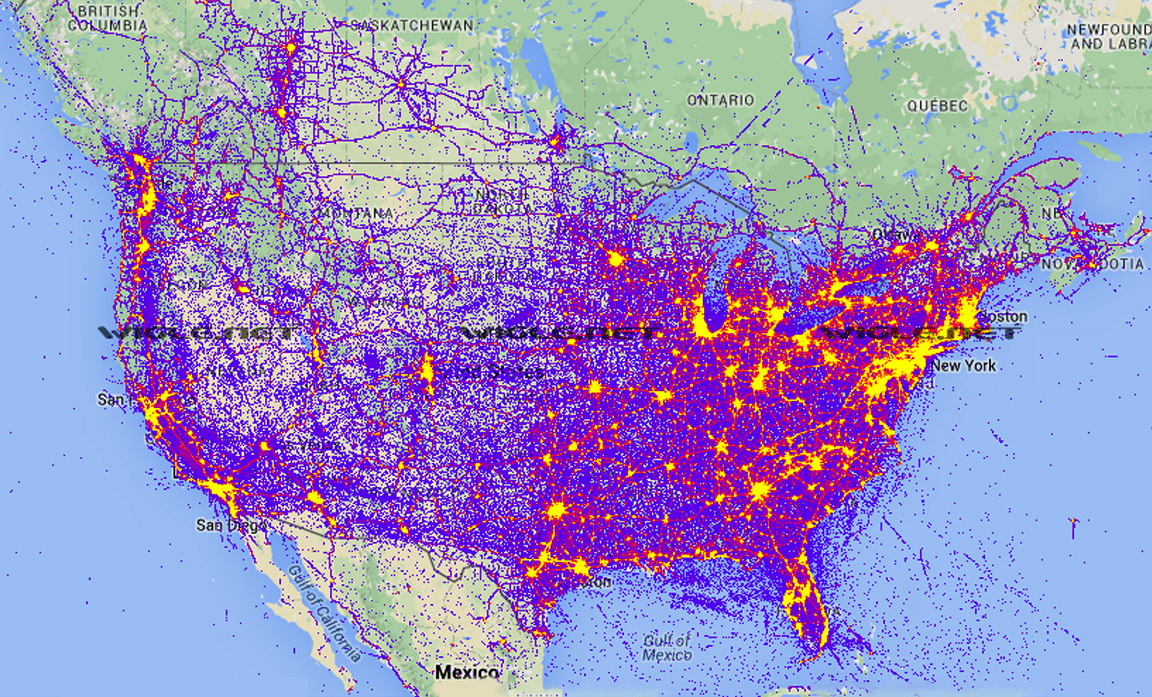
In 2020, the world will spend $ 124 billion on the smart city industry. Citizens can already receive documents, make appointments with doctors and pay fines online.
In the future, a lot in smart cities will happen automatically: the application of the polyclinic based on the data from the fitness bracelet will register for a medical examination, and the city services will clear the trash can according to the data from the sensors. Artificial intelligence will identify people with weapons in the crowd, and the fire brigade will go to the scene before the call of eyewitnesses – on a signal from video cameras.
Digital ecosystem already exists in large cities. Foreign experience shows that free Wi-Fi can change city life, infrastructure management and provide new opportunities for private and public companies.
Environment Specialist, Dubai
Wi-Fi is an integral part of the digital infrastructure that is being deployed in major cities around the world. Most often, its development is hampered by the lack of investment and the unpreparedness of cities for technological changes.
Tourists and startups choose Wi-Fi
The rise of Wi-Fi could turn cities into technology hubs – fast public internet is attracting young entrepreneurs. Wi-Fi also affects tourist activity. The quality of public Wi-Fi is one of the main factors in the satisfaction of tourists. For these reasons, in Taiwan, two years after the launch of free Wi-Fi for citizens, guests of the island were given free access to the public network.
Some countries use free Wi-Fi as one of the gentrification tools. Together with other measures – the creation of public spaces, subsidies for small businesses – this helps to increase the attractiveness of the sleeping areas.
Now the city authorities and businesses are investing in it, which makes money on advertising in the networks. But in the future, operators of “home” Wi-Fi may join the creation of public networks. Companies are implementing projects in which city residents provide a small portion of their home Wi-Fi power to urban networks, and users switch between these points, moving between houses.
By the way, US residents with free access to such points for 60 days to help people stay connected during the coronavirus pandemic.
Wi-Fi manages road traffic and utilities
Wi-Fi allows you to plan urban infrastructure based on anonymized aggregated data. Like many Internet resources, the network can predictably determine the user’s approximate age, gender, and interests. And if in the district, for example, there are many young people with children, the authorities can plan the construction of new kindergartens.
One of the main areas that Wi-Fi can transform is transportation. Networked video cameras, touch sensors, smart toll terminals and other gadgets help analyze public transport traffic and suggest new interchanges, adjust the number of buses, move stops, etc.
In Singapore, Wi-Fi is available almost everywhere. It is he who is used by city services to manage the life of the city. To control traffic on the roads, an intelligent transportation system operates here , which relies not only on a network of gadgets installed on the roads, but also on sensors, cameras and GPS devices that are in taxis.
Moreover, the system makes it possible to adapt the urban environment for people with disabilities – for example, it automatically identifies them at crossings and increases the green light time.
Wi-Fi is also powered by other services that enable cities to collect big data, reduce costs and improve service efficiency – smart parking and smart lighting, smart video surveillance, and automatic water and power supplies.









